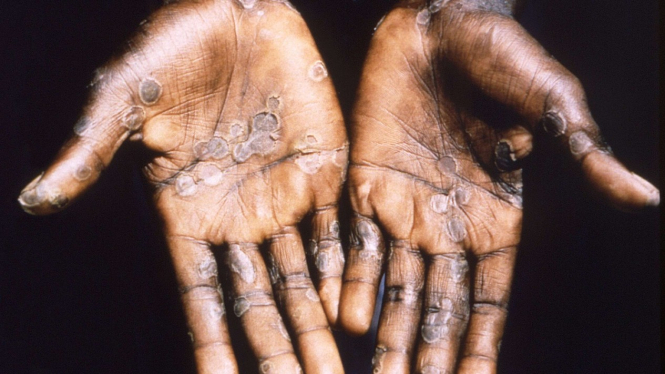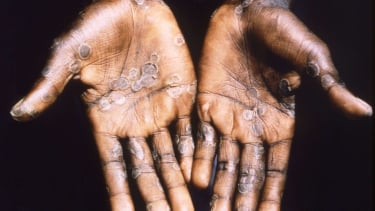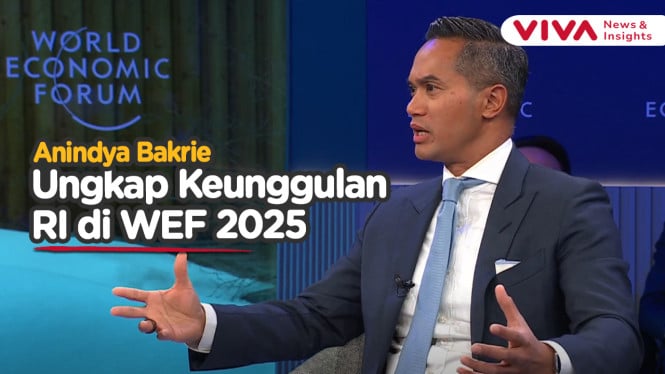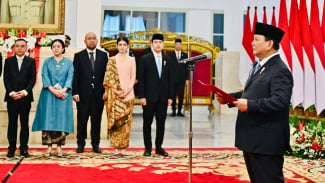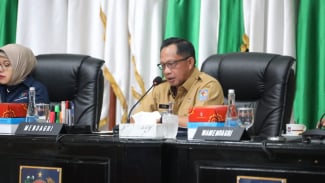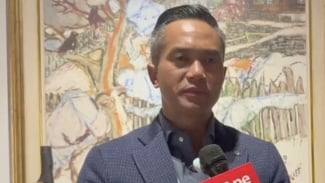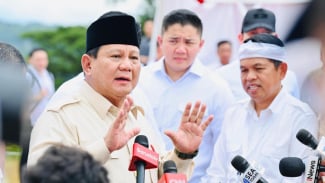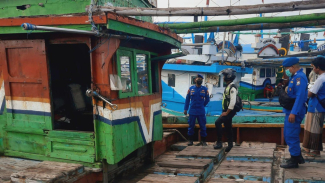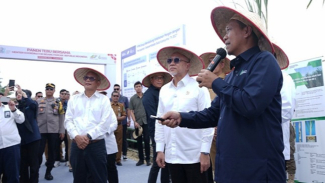WHO Declares Monkeypox Status as Global Emergency
- stat news
VIVA – The status of Monkeypox was declared a significant global emergency by the World Health Organization (WHO). The WHO currently considers the outbreak an "extraordinary event" and the disease risks spreading across more borders.
Unfortunately, many scientists doubt that such a declaration will help limit the epidemic, as developed countries that have recorded the latest cases have moved quickly to stop it.
Monkeypox has sickened people for decades in central and western Africa, where one version of the disease kills up to 10 percent of people it infects.
Versions of the disease seen in Europe and elsewhere typically have a mortality rate of less than 1 percent. So far, there are no deaths outside of Africa have been reported.
"If the WHO were really worried about the spread of monkeypox, they could have convened their emergency committee years ago when it resurfaced in Nigeria in 2017 and nobody knows why we suddenly have hundreds of cases," said Oyewale Tomori, Nigerian virologist who sits on several WHO advisory groups.
Until last month, monkeypox had not caused a sizable outbreak outside of Africa.
Scientists have yet to find mutations in the virus that suggest it is more contagious, and the WHO's top adviser said last month a spike in cases in Europe was likely linked to sexual activity among gay and bisexual men at two raves in Spain and Belgium.
Until now, the United States of Centers for Disease Control and Prevention has confirmed more than 3,300 cases of monkeypox in 42 countries where the virus is not normally seen. More than 80 percent of cases happen in Europe. Meanwhile, Africa has seen more than 1,400 cases this year, including 62 deaths.
Monkeypox Status from The World Health Network
The World Health Network has decided by declaring the current status of monkeypox as a pandemic and an urgent condition. WHN assesses this condition requires immediate and effective action from state and global public health authorities.
As of June 22, there were 3308 confirmed cases of monkeypox in 42 countries. This makes the WHN feel the need to take definite steps by establishing the status of monkeypox.
"There is no justification for waiting the monkeypox pandemic to progress further," said World Health Network co-founder Yaneer Bar-Yam, PhD, president of the New England Complex Systems Institute.
"By taking immediate action, we can control the outbreak with minimal effort, and prevent the consequences from getting worse." Bar-Yam said.
“The action needed now requires only clear public communication of symptoms, widely available testing and contact tracing with very little quarantine. Any delay only makes the effort more difficult and the consequences more severe," Bar-Yam added.
The WHN announcement on June 22 coincided before the WHO meeting scheduled to determine the status of the Monkeypox outbreak.
Impact of WHO Monkeypox Status
David Fidler, a senior fellow in global health at the Council on Foreign Relations said the WHO's renewed attention to Monkeypox amid its spread beyond Africa could inadvertently exacerbate the gap between rich and poor countries seen during COVID-19.
"There may be valid reasons why the WHO only sounds the alarm when monkeypox spreads to rich countries, but to poor countries, it looks like a double standard," Fidler said.
The expert said the global community was struggling to ensure the world's poor were vaccinated against the coronavirus and it was unclear whether Africans even wanted a monkeypox vaccine, given competing priorities such as malaria and HIV.
